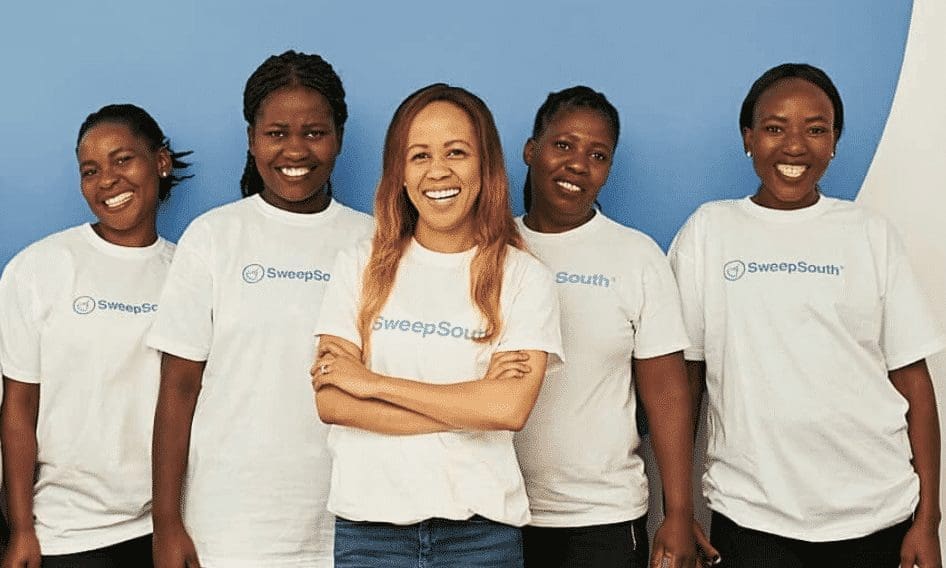The recent assessment of working conditions within the platform economy, conducted by Oxford University’s Fairwork, unveils significant safety concerns and instances of discrimination encountered by South African platform workers in their daily routines. This unsettling reality is compounded by mounting uncertainty regarding remuneration, as take-home earnings have markedly dwindled. Despite the absence of official recognition from unions and associations, workers are increasingly mobilizing in response to these challenges.
The study represents the latest phase of Fairwork’s ongoing examination of working conditions across digital labour platforms in South Africa, scrutinising the ride-hailing, food delivery, home maintenance, and domestic services sectors. Five platforms – Uber, Uber Eats, Mr D, Home +, and Sweep South – underwent evaluation against the Fairwork Principles: Fair Pay, Fair Conditions, Fair Contract, Fair Management, and Fair Representation.
“Our analysis underscores that while some platforms have implemented improvements over time, there remains much to be done to ensure equitable working conditions for platform workers in the country. Notably, issues pertaining to worker safety and collective representation rights emerge as critical areas warranting further attention and enhancement,” states Dr. Murali Shanmugavelan from Fairwork.
Across all sectors, almost all workers have identified safety as a pervasive issue permeating their daily work experiences. While food delivery and ride-hailing workers frequently confront incidents of violent crime such as robbery and car hijacking, domestic workers encounter challenges related to customer treatment and demands to perform tasks for which they may not feel comfortable or adequately compensated.


Regrettably, for some workers, the mistreatment they endure stems not from their work duties but from xenophobia and racism. Fairwork’s interviews have shed light on such incidents arising from interactions with customers as well as among fellow workers.
“Workers across diverse sectors of the platform economy have reported compromising their safety merely to secure a sufficient income. While certain platforms surveyed have implemented measures to mitigate these risks, not all initiatives have proven effective. Workers have indicated that preventive measures such as vetting customers based on past behavior yield more favorable outcomes compared to reactive measures like an SOS button on the app,” explains report co-author Dr. Tobias Kuttler.
In addition to these safety concerns, and notwithstanding a rich history of trade unions, the study reveals that only a handful of platforms in South Africa demonstrate a willingness to formally acknowledge workers’ unions. The research underscores the significance of establishing accessible channels for workers to voice their concerns and grievances. The overarching dearth of formal worker representation in the South African platform economy remains a central issue hindering workers’ ability to secure improved pay and working conditions.
Much of this stems from the classification of platform workers as independent contractors, thereby depriving them of basic labor rights enshrined within South African Labour Law, including collective bargaining, freedom of association, and protection against unfair dismissal and discrimination.


“Platform workers in certain sectors have taken the initiative to organize themselves. Our report identifies that they are informally organizing through worker-led WhatsApp and Facebook groups, underscoring the importance of these networks for sharing information and discussing working conditions,” elucidates Dr. Murali Shanmugavelan.
Platform work, against the backdrop of soaring unemployment rates, offers crucial income opportunities for an estimated 135,000 platform workers, constituting 1% of the employed population in the country. However, the long-term sustainability of platform work faces jeopardy as pay for platform workers continues to erode.
“In recent years, South Africa’s economic landscape has been further strained by high inflation rates and escalating fuel prices. Consequently, workers find it increasingly challenging to earn a minimum or living wage, especially when factoring in work-related expenses, significantly impacting their take-home pay,” observes Dr. Tobias Kuttler.
“Poor working conditions in the platform economy are not inevitable. Despite claims to the contrary, platforms wield significant control over the nature of the jobs they facilitate. Workers engaged through these platforms are fundamentally workers, and there is no justification for denying them the fundamental rights and protections enjoyed by their counterparts in the formal sector. We need not acquiesce to low pay, substandard conditions, inequity, and a lack of agency and voice as the status quo. We trust that our efforts – by delineating the contours of today’s platform economy – present a vision of what it could aspire to become,” concludes Fairwork Director, Prof. Mark Graham.
